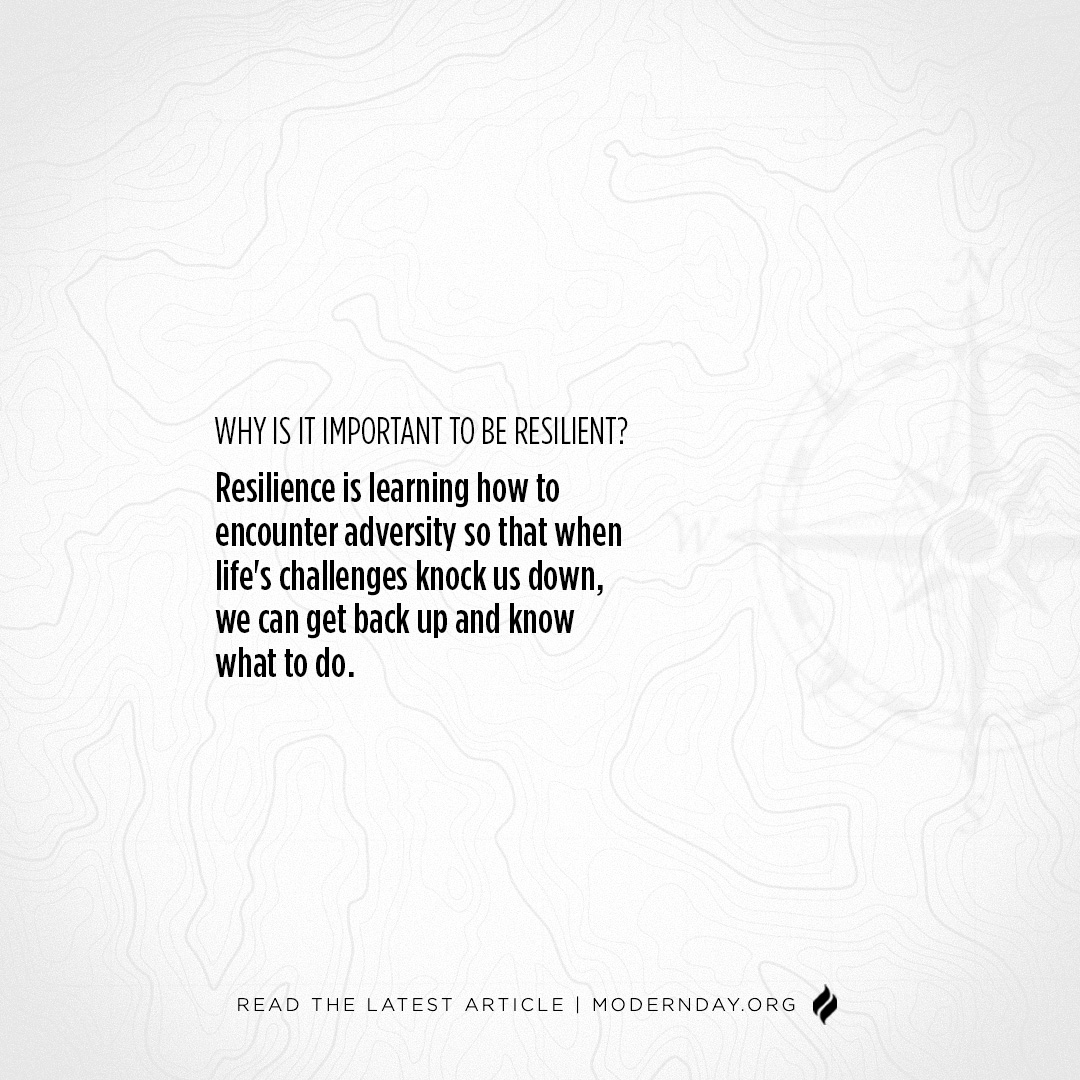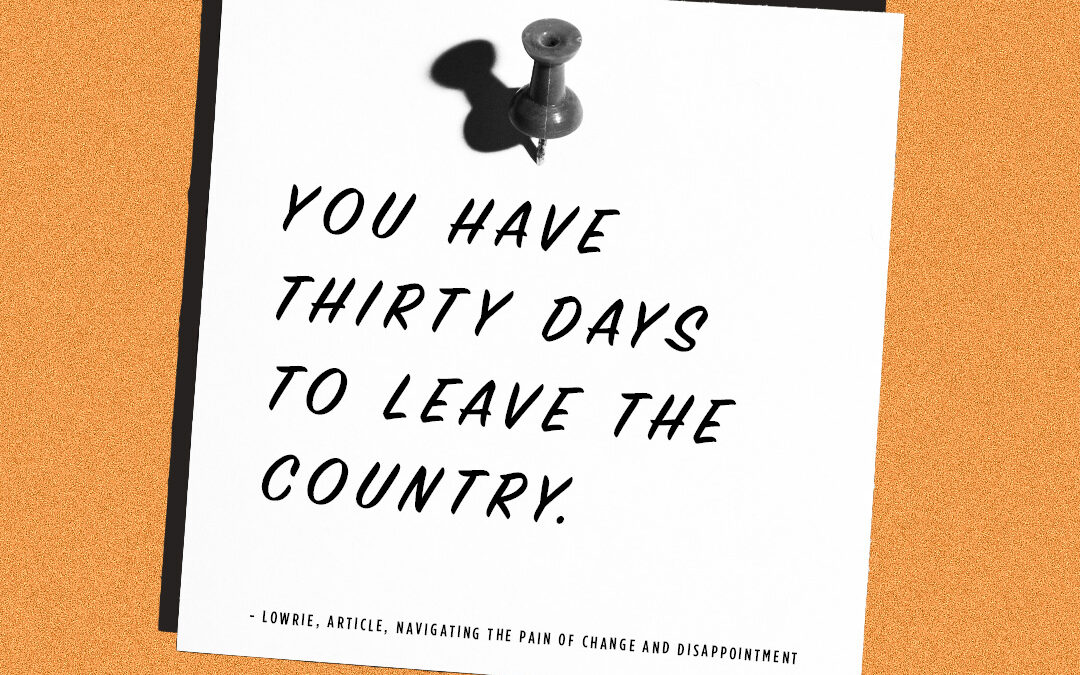EDITOR’S NOTE: The following is the fourth in a five-part series about the characteristics of unbelief.
One of the most common kinds of non-Christian in the Western world are doubters/skeptics. This group of people generally hopes to square every facet of their belief system intellectually before forming firm convictions. We see a group of people trying to work through their skepticism in John’s Gospel when they said “Is not this Jesus, the son of Joseph, whose father and mother we know? How does he now say, ‘I have come down from heaven’?”1 Many of them are fearful of being misled by “religious people” and keep Christians at arm’s length.
In the West, this group is in the minority overall. According to a recent survey, only 18 percent of Americans said they are “not sure” who Jesus is.2 Less than 1 in 10 adults in England say they “don’t know” whether Jesus was “a normal human being,” “God in human form,” or a “spiritual leader.”3 Whether people believe Jesus is God or just a “good man,” most people have strong, fixed opinions about Him.
Doubters and skeptics often have valid questions about Jesus and Christianity. However, they err in treating their questions like answers. For example, they will wonder, How can a man have been God? Then, they will decide that because they are unable to answer the question, the answer is therefore that Jesus could not have been God. They will also ask questions such as “How can I believe the Bible when it was written so long ago that I cannot independently verify its claims?” Instead of persevering to find objective answers, doubters and skeptics often believe that their questions deal such a severe blow to the Bible’s credibility that no further investigation is needed.
The challenge of this mindset is that no matter how many facts, how much evidence and how many reasonable arguments are presented, one can always find a seemingly reasonable basis for withholding belief in Jesus. In fact, even after Christ rose from the dead and met His disciples in Galilee “some doubted.”4 This poses a daunting obstacle in evangelistic outreach.
Some doubts are spiritual in nature. We need to be careful in evangelism to pray for those doubters and skeptics we encounter — and to pray with them. I have often offered to pray with those who said they had a hard time believing in Jesus. Many of them were willing, right there in the middle of the conversation, to have me pray that Jesus would reveal Himself to them.
Christians must admonish doubters and skeptics to seek God for revelation and to keep an open mind. Above all, however, Christians must be careful to heed the command of Scripture to “have mercy on those who doubt.”5 We must bear with them as they work through their questions.
- John 6:42
- “What Do Americans Believe About Jesus? 5 Popular Beliefs,” Barna Group, April 1, 2015
- “Talking Jesus: Perceptions of Jesus, Christians and evangelism in England,” Barna Group, July 2015
- Matthew 28:17
- Jude 1:22
If you would like to make a financial contribution to Raymond Billy, Click Here.







